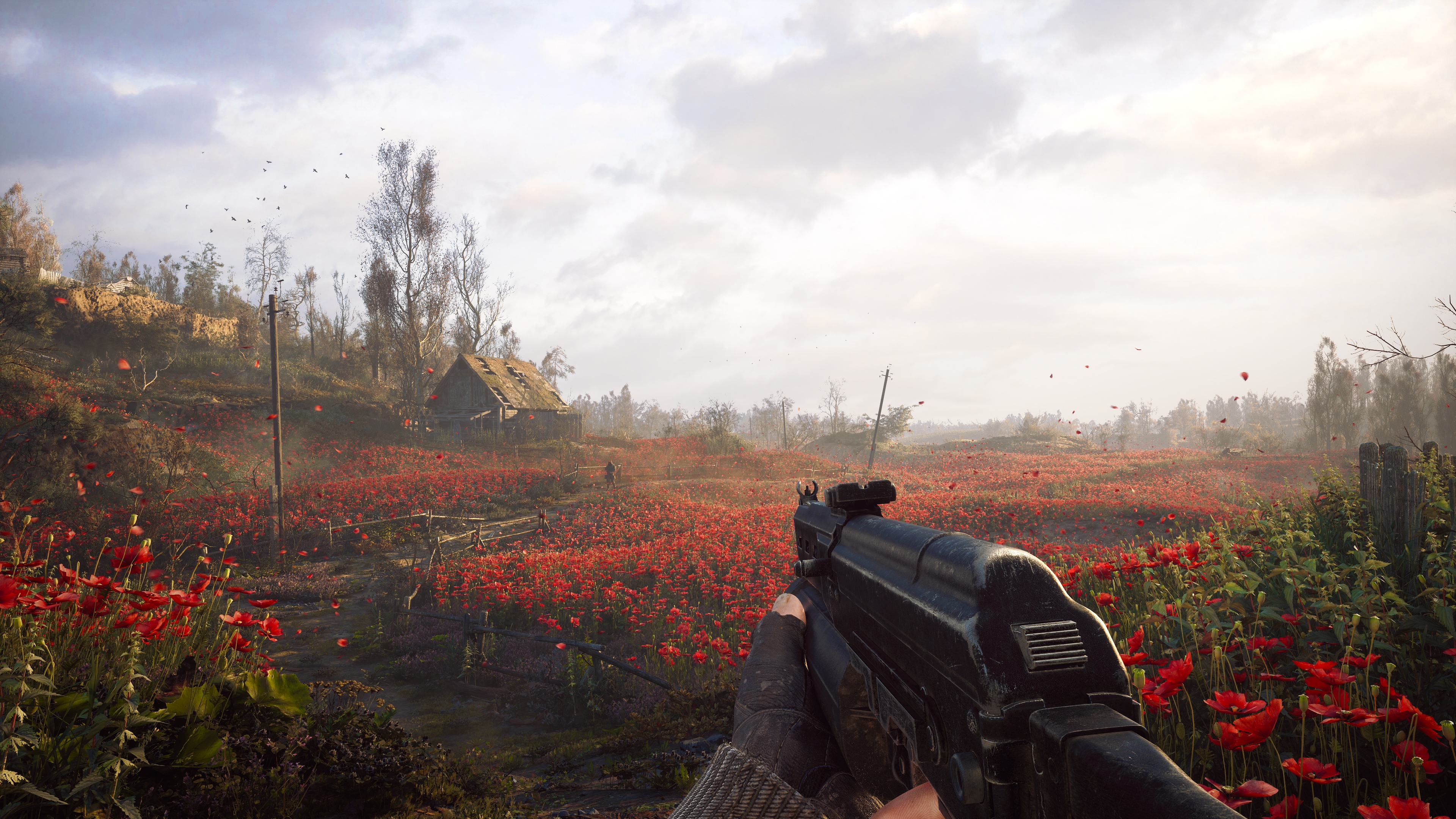
The creative director of Prey (2017) and Dishonored, Raphael Colantonio, has been speaking out against what he describes as the "Metacritic ecosystem," which he believes is pushing developers "to make safe boring games."
This comes after the release of Stalker 2: Heart of Chornobyl, which is currently sitting with an average critic score of 74 (for its PC version) on Metacritic, with the general consensus being that it's a fantastic game, but currently weighed down by bugs. This, Colantonio believes, is "unfair," as he argues on Twitter: "As long as a game is polished at launch, you're guaranteed 80%, no matter how boring the game might be. Meanwhile Stalker 2 gets a 73 because it's a bit rough on the edges at launch. Unfair, misleading."
The Metacritic ecosystem encourages devs to make safe boring games. As long as a game is polished at launch, you’re guaranteed a 80%, no matter how boring the game might be. Meanwhile Stalker2 gets a 73 because it’s a bit rough on the edges at launch. Unfair, misleading..November 23, 2024
Colantonio, who was the founder of Arkane Studios and its president until 2017, claims: "As soon as you offer games with tons of possibilities, you open yourself to a harder game to polish at launch." However, he believes that this is a far more interesting alternative than a game that runs brilliantly but just isn't very ambitious, noting: "A fantastic buggy game can get patched, a boring game will stay boring."
Continuing, Colantonio points to the fact that Metacritic doesn't accept updated review scores from publications, which the website explains is "a critic-protection measure" that's been in place since 2003 "after we found that many publications had been pressured to raise review scores (or de-publish reviews) to satisfy outside influences." While brought in for a good reason, to "act as a disincentive for these outside forces to apply that type of inappropriate pressure," it means that as things currently stand, if a publication changes a review score to reflect a game's big update or patch, it won't alter a game's average score on Metacritic.
The Arkane founder says that "games need to hit hard out of the gate" since finding success "years later" means that "the devs didn't make money." He adds that "all it would take" is either "Metacritic and reviewers updating scores as the game gets better," or for everyone to "drop the score system" entirely. As things stand, he argues that "70% on Metacritic can either mean it's a mediocre game or it's an amazing game that has bugs at launch and needs patching. I don't think Metacritic helps in making the difference between the two."
Neither of these suggestions could likely be implemented overnight, but Colantonio raises an interesting perspective. At the very least, in Stalker 2's case, developer GSC Game World has already announced that over one million copies of the FPS have been sold, so it's had a fantastic start in that regard.
If you're just starting out in Stalker 2, be sure to check out our top 10 Stalker 2 tips, as well as our guide to the best Stalker 2 mods.







